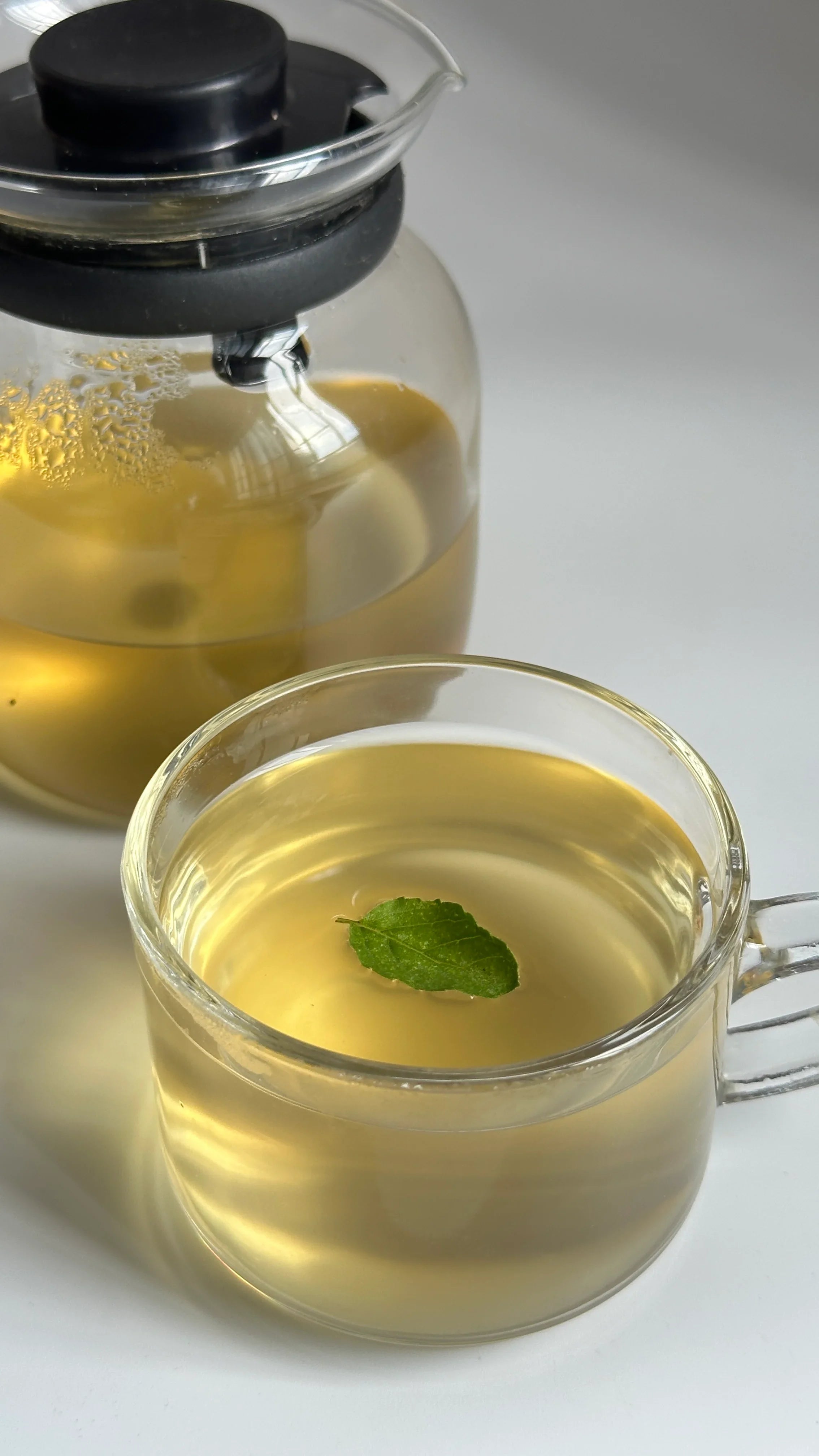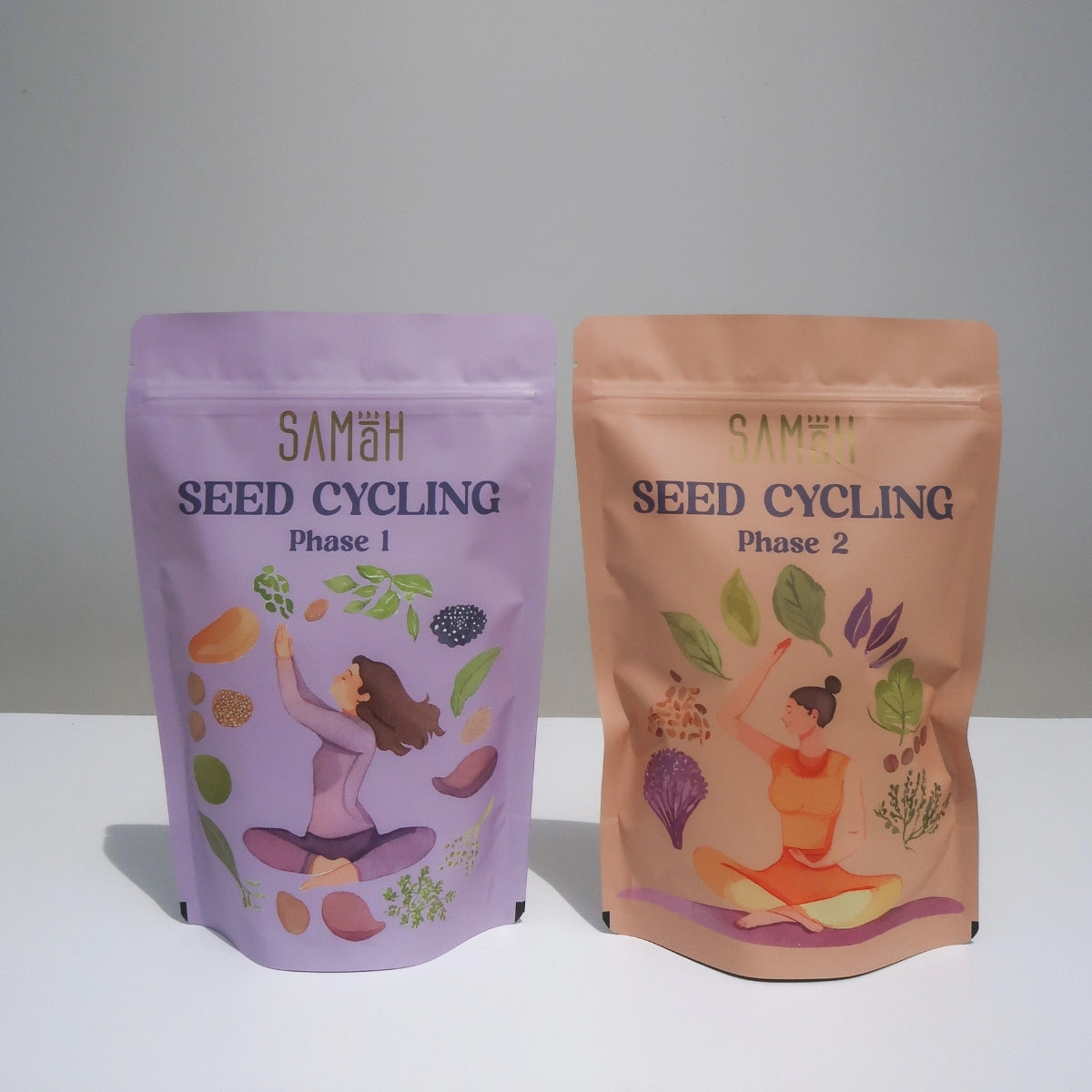If your first instinct during your period is to grab a pill, you’re not alone. But what if you had a gentler, natural remedy that actually works? This homemade cramp-soothing tea is made with just five ingredients from your kitchen—each one backed by traditional wisdom for easing menstrual discomfort.
Warm, comforting, and surprisingly effective, this blend calms cramps, reduces bloating, and helps your body feel supported during your cycle.
Why This Tea Helps
This isn’t just another herbal brew—it’s a carefully crafted mix of spices and herbs that work in synergy to relax the body and ease period symptoms.
- Fennel seeds: Known to relax uterine muscles and reduce the intensity of cramps.
- Ginger: A time-tested natural pain reliever and anti-inflammatory.
- Ajwain (carom seeds): Excellent for bloating and gas, which often accompany cramps.
- Cinnamon: Soothing, warming, and anti-inflammatory—great for reducing pain.
-
Tulsi (holy basil): A powerful adaptogen that helps balance hormones and reduce stress.
Recipe
Prep Time: 2 minutes
Cook Time: 10 minutes
Total Time: 12 minutes
Serves: 1
Ingredients:
- 1½ cups water
- 1 tsp fennel seeds
- ½ inch fresh ginger, sliced
- ½ tsp ajwain (carom seeds)
- 1 small cinnamon stick
-
5–6 fresh tulsi leaves (or 1 tsp dried)
Instructions:
- In a small saucepan, add all the ingredients to 1½ cups of water.
- Bring to a boil and then simmer for 8–10 minutes.
-
Strain and serve warm. Add jaggery or honey if you'd like a hint of sweetness.
When & How to Consume
Start sipping a few days before your period if you tend to feel cramps early. Otherwise, 1–2 cups a day during your cycle can make a big difference—especially on those extra crampy or bloated days.
A Gentle Reminder
This tea is a helpful home remedy, not a medical cure. If your cramps are severe or affecting your daily life, it’s worth consulting your doctor. Conditions like endometriosis or fibroids could be underlying causes, and it’s important to get the right support.






